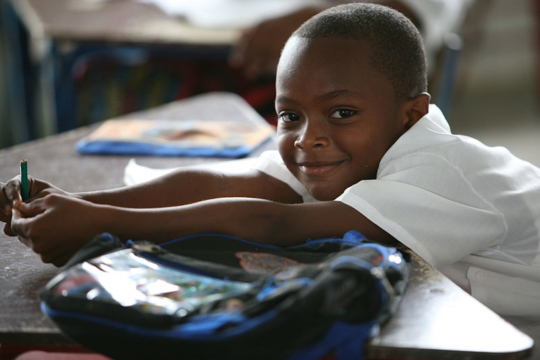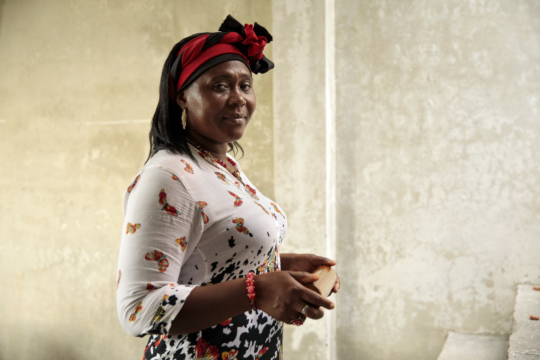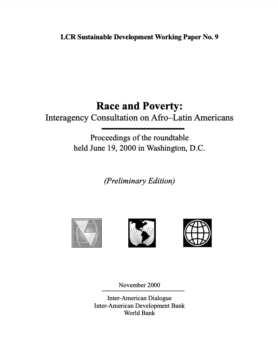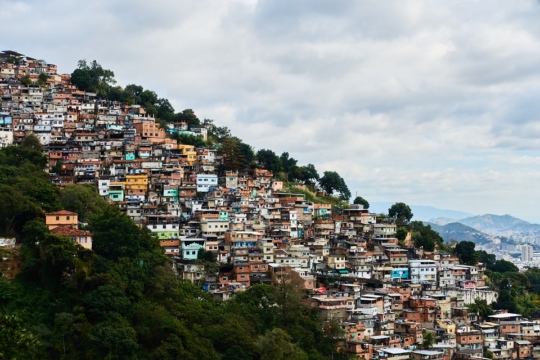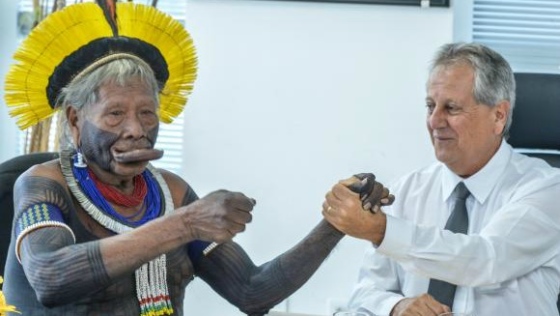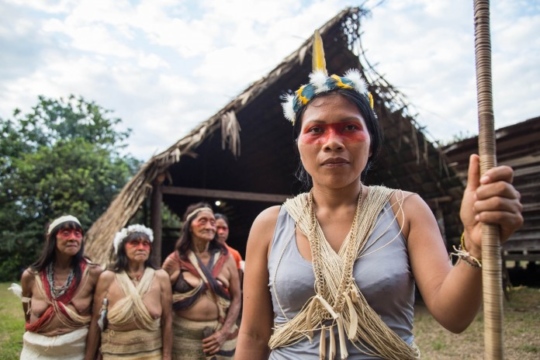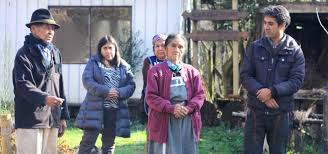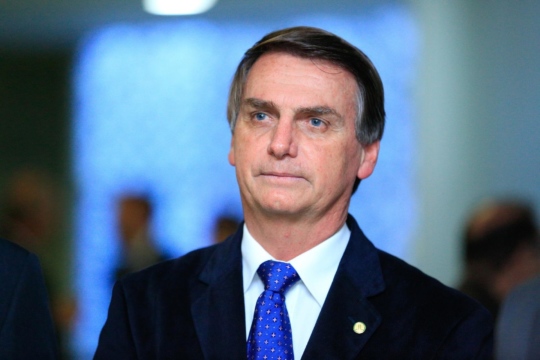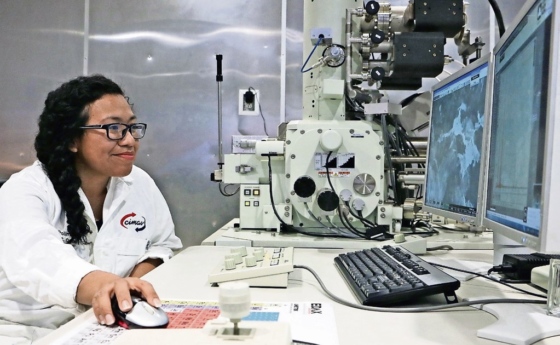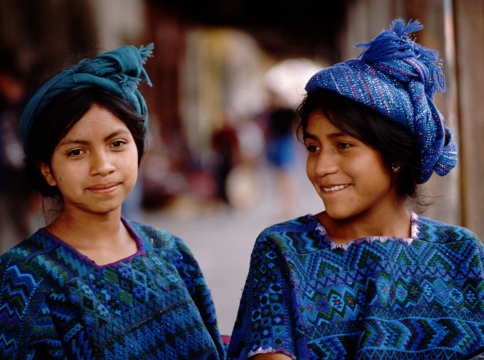
Fiscal Policy, Inequality & the Ethnic Divide in Guatemala
Guatemala is among the most unequal countries in Latin America. Fiscal policy has done very little to reduce inequality and poverty overall and along ethnic lines.
Guatemala is among the most unequal countries in Latin America. Fiscal policy has done very little to reduce inequality and poverty overall and along ethnic lines.
Fiscal policy played an important role in reducing poverty and inequality in Brazil (Higgins and Pereira, 2014) over the last fifteen years, but how much redistribution and poverty reduction is being accomplished across ethnic groups?
Though racial equality is improving in Brazil, there is significant room for progress.
Los trabajos que se presentan en este libro son el resultado de un notable esfuerzo de investigación sobre la forma en que el origen étnico de los niños, su raza y su género inciden en sus oportunidades educativas, las consecuencias que tiene su desigual acceso a las mismas y las…
Much remains to be done to protect and promote Afro-Descendant communities’ rights and development in Colombia, according to the panel discussion hosted by the Inter-American Dialogue, the Gender and Diversity Unit at the Inter-American Development Bank, and Phelps Stokes on May 20, 2011. Although Colombia has made steps in the right direction, current policies need to be reinforced. It was also suggested that Afro-Descendants work together across countries and communities to better envision a common purpose and to strengthen their political influence.
On May 24, 2024, the Inter-American Dialogue released the report “Women, Remittances, and Financial Inclusion in Guatemala.” The report, produced by Manuel Orozco, director of the Migration, Remittances, and Development program, provides a financial characterization of women in Guatemala, explores barriers to financial inclusion, and outlines a path toward greater financial independence.
The Inter-American Dialogue’s Congressional Members Working Group met on April 9, 2008 to discuss challenges facing Afro-descendants in Latin America. The event featured Sir Clare Roberts of the Inter-American Commission, Dr. Marcelo Paixão of the Federal University of Rio de Janeiro, and Ambassador Antonio Patriota of Brazil. It was co-hosted by Representatives Gregory Meeks (D-NY) and Jerry Weller (R-IL) and co-sponsored by the Inter-American Foundation.
The Inter-American Dialogue’s Congressional Members Working Group met on September 17, 2008 to discuss the challenges facing Afro-Colombians. The discussion focused on the main challenges that Afro-Colombians face and how these could be addressed.
The papers in this volume were prepared for a conference sponsored by the World Bank, InterAmerican Development Bank (IDB), and Inter-American Dialogue. The one-day meeting, held at the World Bank on June 19, 2000, brought together prominent leaders and analysts of Afro-Latin American communities to discuss the legal, political, and socioeconomic issues confronting these populations, and review various national and local experiences in addressing those issues.
A Latin America Advisor Q&A featuring experts’ viewpoints on how the Covid-19 pandemic is affecting Afro-descendant communities in the region.
A Latin America Advisor Q&A featuring experts’ viewpoints on Brazil’s handling of a 2017 land dispute between indigenous tribes and rural farmers.
A Latin America Energy Advisor Q&A featuring experts’ viewpoints on the 2019 judicial win of the Waorani indigenous community against Ecuador.
A Latin America Advisor Q&A featuring experts’ viewpoints on the death of Juan de Dios Mendoza Lebu of the Raquem Pillá community of Chile`s Mapuches.
A Latin America Advisor Q&A featuring experts’ viewpoints on the development of indigenous land in Brazil.
A Latin America Advisor Q&A featuring experts’ viewpoints on the gender gap in Latin America.
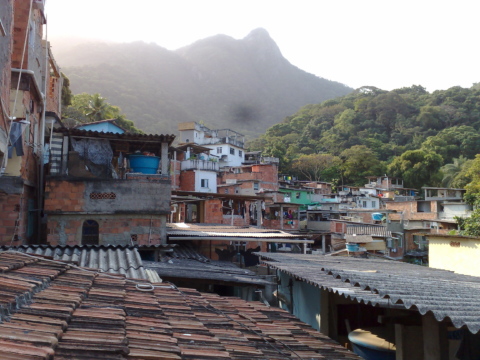
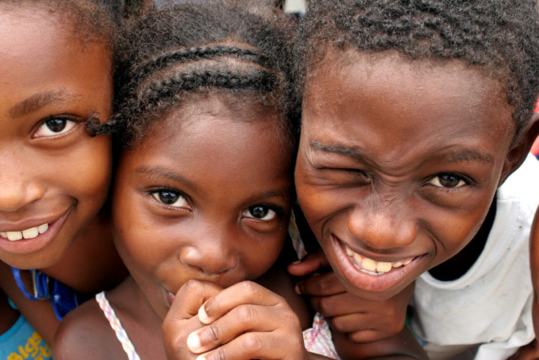 Video
Video

